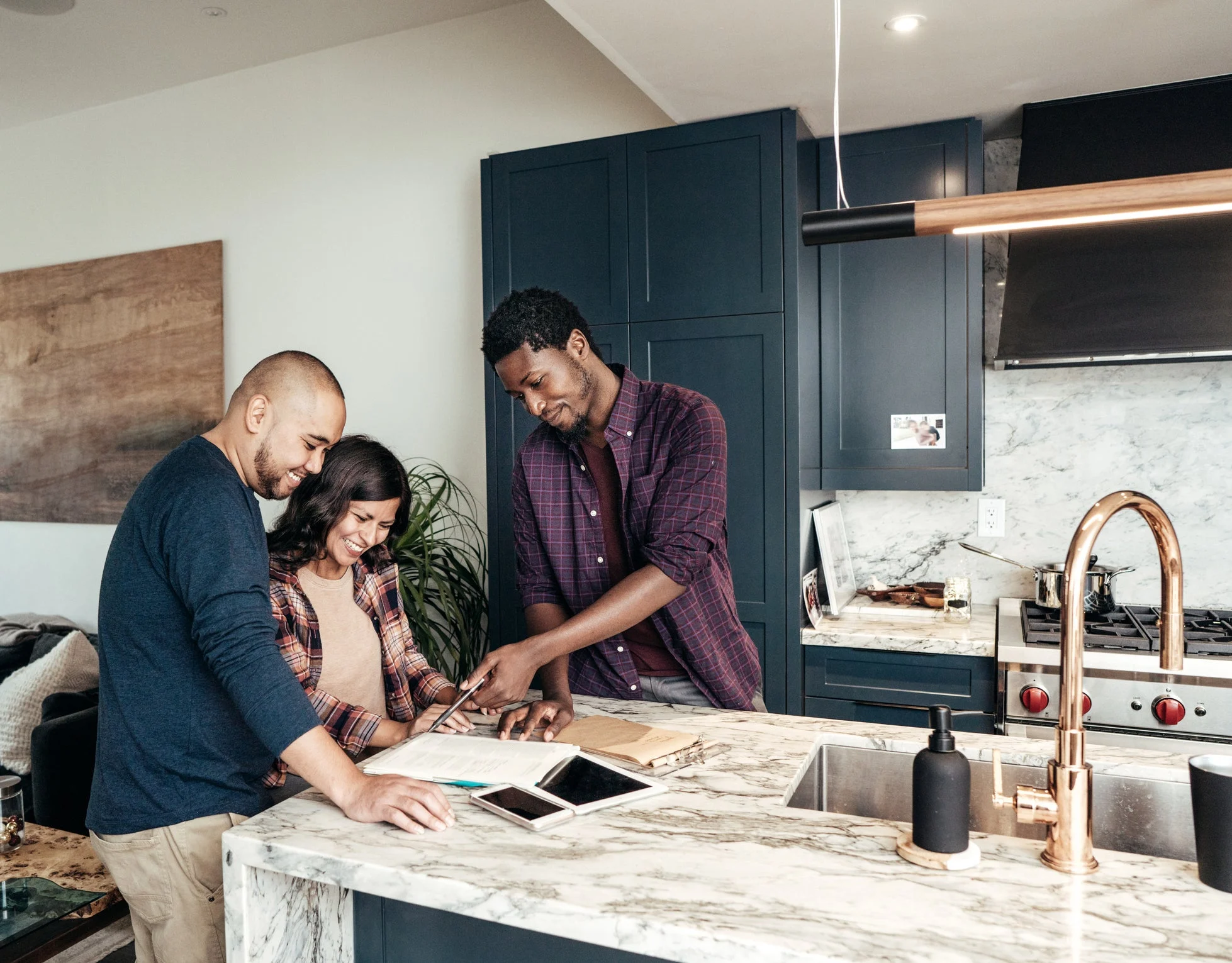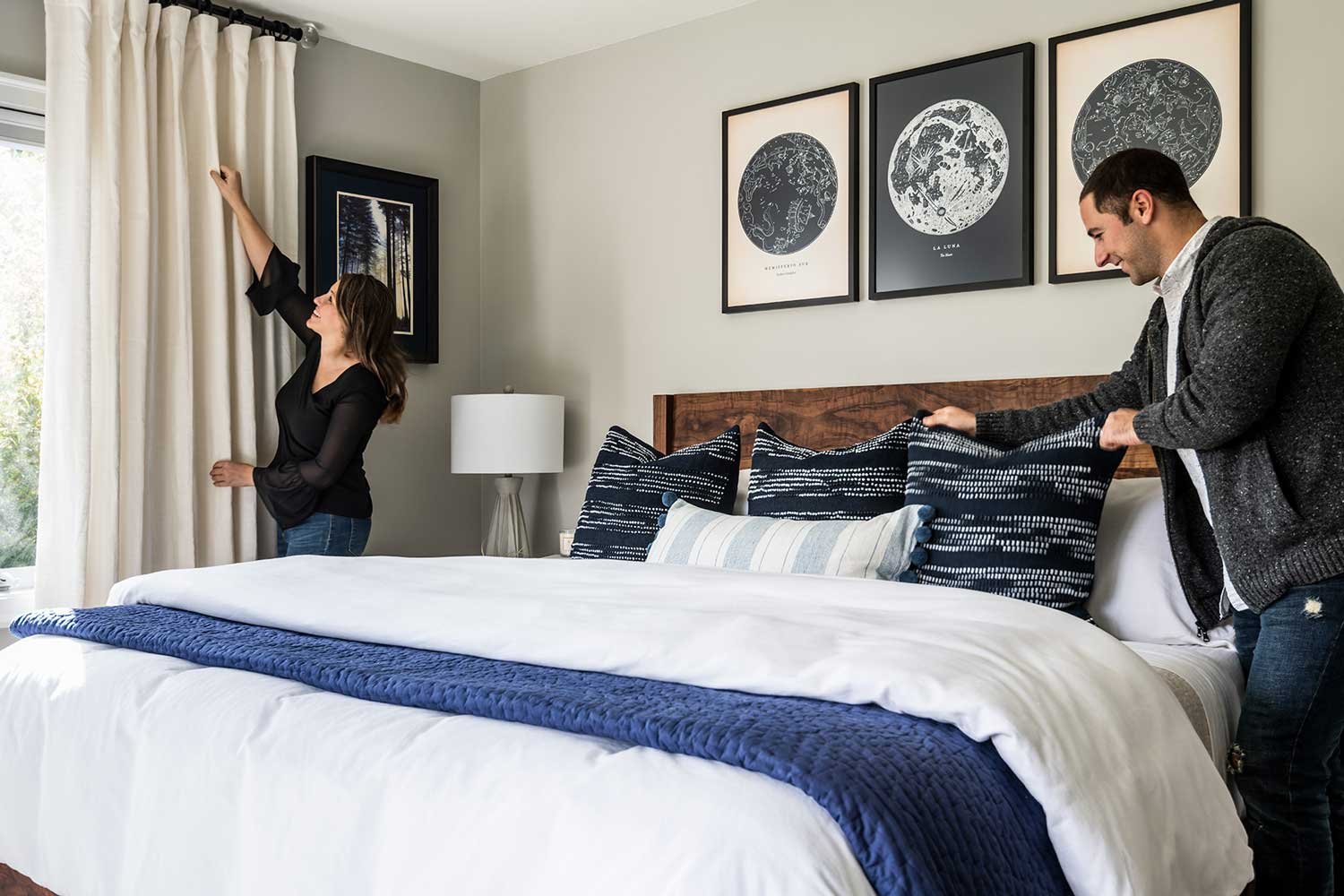
Buying A House Is Still A Good Investment
House hunters in the market to buy a home during this time of elevated prices need to ask themselves: is a house a good long-term investment?


House hunters in the market to buy a home during this time of elevated prices need to ask themselves: is a house a good long-term investment?

There’s a balance in wagering enough money for the Sellers to accept your Offer, without overpaying or leaving money on the table.

While cleaning is the most obvious step in preparing your house for showings, it’s only one of several things to do before inviting Buyers inside.

To say that you need to do your homework when purchasing a home is an understatement. It’s easily one of the most complex assignments ever.

Realtor.com and celebrity spokesperson Elizabeth Banks team up to explain the home buying process in plain English.

Should you wait for real estate prices to crash before buying a house? Read on to compare this housing market downturn to the 2008 housing bubble.